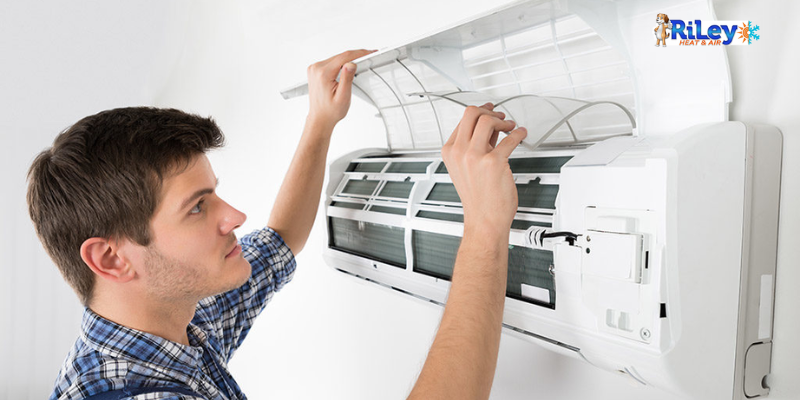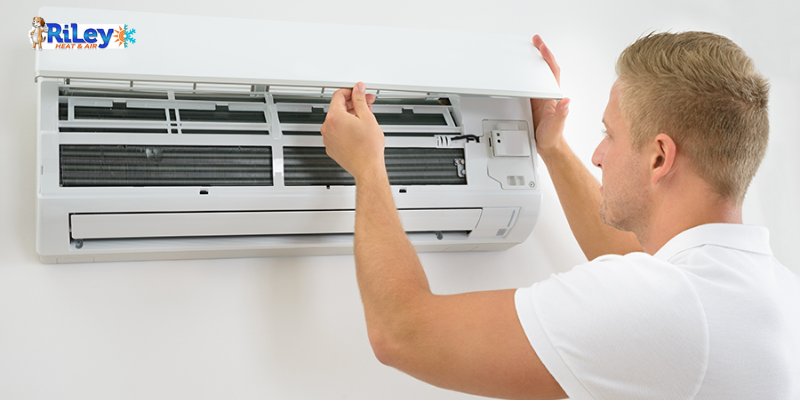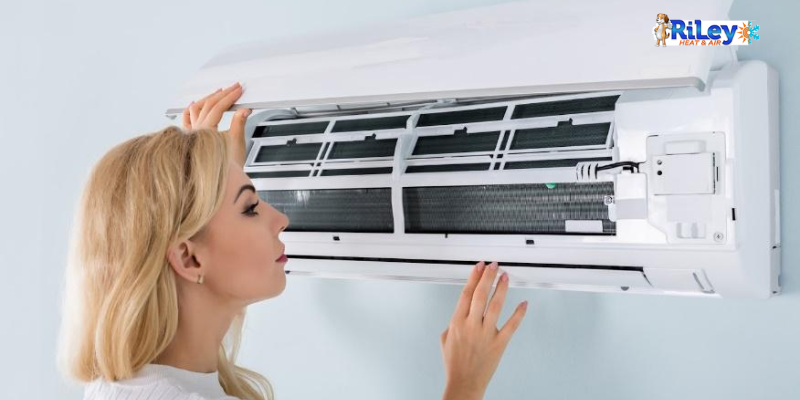
How to choose the right AC system for your house?
A good, working air conditioner will keep the home cool and heat-free. It purifies the air in the house. The invention of the air conditioner (AC) has made life much easier and relieved us of the scorching heat.
Installing an air conditioning system in a home is no longer a luxury but a necessity. Installing air conditioners has many health benefits, like reducing asthma attacks and making the air cool and pleasant. Also, it keeps insects and parasites away and reduces appliances' overheating.
Knowing how to pick the right air conditioner for your home is important because many options are flooding the market. Making the right choice aids in properly cooling the house and reduces energy consumption, thereby saving costs for you and keeping your house energy efficient.
Tips to consider when choosing an ac system for your house
1. Consider the house's size
Considering the size of the room before selecting the type of AC system in your house is crucial because an AC system needs to be bigger for a house to achieve the desired result.
Likewise, if the AC system is bigger than the room, it will cool the room without removing humidity from the house. Hence, it will increase your electricity bill and could make your unit cycle on and off.
After considering the size of the house, consider the size of the air conditioner you want for your house. The size is usually based on the area you want to cool. The square footage of the space determines it.
2. Consider the AC system's features
After deciding on the size of the air conditioner based on the size of the house, you should look into its features.
Features like whether the thermostat is programmable are essential; this will help you regulate the temperature of your house, whether you are home or not. Also, if the AC system has a remote control, this will not be a mere option but an essential feature. Using a remote to adjust the system is convenient and not stressful.
A sleep mode and timer regulate the AC's cooling air. It reduces the air during sleep mode in order not to freeze or over-cool the house. In contrast, the timer tells the system when to turn it on and off.
3. Energy efficiency

Each air conditioner is given an energy efficiency rating, denoted by a star. High-efficiency energy systems will help you save money on your utility bills. In contrast, low-efficiency energy systems consume more electricity and have a high electricity bill. Therefore, prioritize AC systems that save energy.
4. Speed setting
A higher fan setting will let your room cool faster if a house is particularly stuffy. If required, you'll be able to find a more quiet setting to use at night. Hence, the speed adjuster needs to help you set the fan in the air conditioning system to regulate the rate of clean air circulating in the house.
5. Tonnage
This point should be considered; checking the capacity or tonnage of the air conditioner is essential. The simple rule of thermodynamics is summed up in all the previously stated points. Knowing the tonnage of the air conditioner will help you know which is better for cooling your house and which is more or less expensive.
Before purchasing an air conditioner, consider the direction of the window, exposure to direct sunlight, and the positions of other appliances in the house because improper planning and arrangement can result in poor air quality circulation.
6. The air conditioning types
By now, you should know the different types of air conditioning systems and the type you want for your house. The perfect placement of air conditioners depends on the house's structure and position. Therefore, the climate in that area should also be considered when buying the air conditioner.
The split air conditioner system is a common type of AC system. It is placed on the wall inside and connected to another outside the house. This type has a feature where you control the heating and cooling of the home yourself.
Furthermore, it does not require extensive structural work and is energy efficient. It is also simple to install, and as stated earlier, it has heating and cooling features.
The central air conditioning system is another type of AC system. This type necessitates the installation of ductwork. This option is more complex to install because it requires cutting walls throughout to install the duct.
The central air conditioning system is usually installed in houses with a forced air heating system; this is more expensive compared to the split air conditioner. This option also has high energy efficiency, but the cost is also high. Regardless, this option is effective and operates quietly; it is also advisable for a new building.
Portable air conditioners are convenient options and can be moved around to cool the space or area you want. It is easy to move; it is cheaper and advisable for those who change homes often.
After you select the type, you can select your desired brand. Unfortunately, the market is flooded with different brands of air conditioners. Therefore, it is advisable to do research and check reviews before selecting a brand.Conclusion
After all is said and done, the air conditioner that suits your house depends on the factors listed above, which include the size of the house, tonnage or capacity, speed setting if the system has adjustable features, and the type of system.
If you still need help deciding, you can talk to our engineer or chat us up. We will make good recommendations.Moreover, you should call a professional technician to install whichever air conditioner you buy. If your AC system is properly installed, it can lead to high and excessive electric bills and efficient cooling in the house.
When making a big decision like this, you have to get it right because it also affects the air quality in your house.








COMMENTS